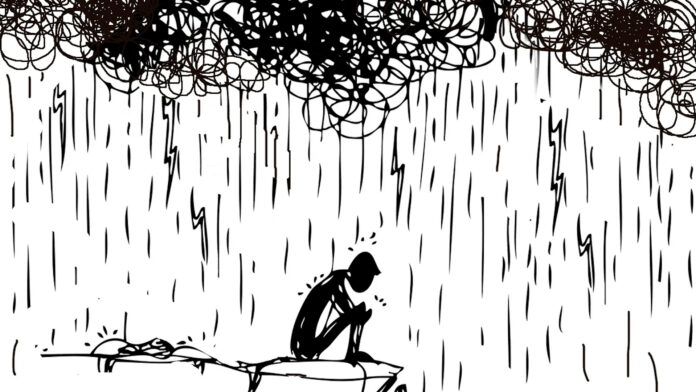Suicide is in fact a serious public health problem. It is not the problem of only the inner circle of family and friends that are left behind to mourn for those who have chosen to end their lives that way – on the contrary, it is a problem for all of us.
Suicides are the fourteenth leading cause of death worldwide – in developed countries, prevention strategies are in place, whereby efforts are made to nurture mental health just as much as they are to prevent physical illnesses. Psychologists and psychiatrists are still investigating the reasons behind suicidal behavior, but it is certainly clear that it is the result of a combination of numerous factors. According to psychologists, the factors associated with the risk of suicide can be classified into four basic categories: personal and individual differences, cognitive factors, social factors and negative life events.
When we talk about social factors – in addition to the family and the immediate environment, the wider context also has a significant impact. For example, study findings showed that almost 20 percent of adolescents reported that the Internet or social networks had an influence on their decision to self-harm. Social isolation and lack of social support are established correlates of suicide risk, and are important components of contemporary psychological models investigating suicidal behavior.
And that’s why we need to think about what each of us can do.
As a start, we can listen to the people around us. This does not mean that we will always recognize the warning signs, nor that there are always any, but when people tell us that they feel life is meaningless, that they have lost all hope, or that they think about how they want to leave this world – we should be able to get the message, and together, with that person, seek help and support.
We can also understand the responsibility of social relations. This means that we have to realize that every word addressed to another person has consequences – and a brutal reminder of that is the suicide of a twenty-two-year-old man in Bosnia and Herzegovina who was mocked for days on TikTok just because he wanted to find a job. Behaviors that are seemingly harmless and fun, such as sharing content that makes fun of someone, can have dire consequences for the people being ridiculed. And that doesn’t mean that these people are weak, that they should put up with it because it happens to everyone – look at it through an analogy of violence in real life: We wouldn’t tell a man on the street who is being hit by a group of people that he has to endure the blows and be stronger, instead we would (I think) intervene to protect that man.
We can, systemically, provide more stimulating and accessible mental health care. This means that psychologists in schools will not be perceived as people in offices where students who misbehave are sent, they will not be associated with punishments but with prevention. This also means that you will not have to wait two months for an appointment with a psychologist within the public health system, especially in serious cases of necessity. This means that the system and the state should invest significant funds and energy in those two directions: destigmatizing mental health care and making mental health professionals much more accessible to everyone.
We can also stop being afraid of the entire concept of mental health. Remove from the cultural narrative thinking such as “Don’t even talk about it, you’ll make it come true” and realize that every mental health problem, just like physical health issues, can be treated. It should be clear and completely normal for us to go to a psychologist, psychotherapist or psychiatrist when we feel the need – just as we go to a general practitioner when we have a sore throat.













